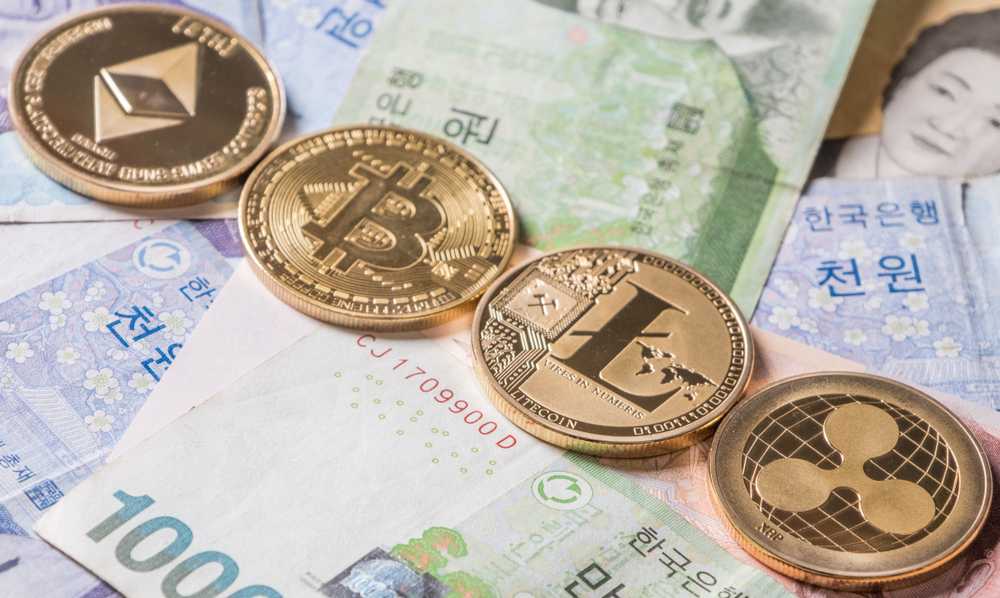South Korea is Officially Recognizing Crypto Exchanges as Regulated Banks

For the first time in history, the government of South Korea has officially recognized crypto exchanges regulated financial institutions and banks.
Local publications in South Korea have reported that the financial authorities of South Korea have finalized their plans to categorize crypto exchanges as an industry called “Cryptocurrency Exchange and Brokerage” to enable trading platforms to perform at a large capacity with support from local authorities.
From Communication Vendors to Financial Institutions
For many years, the government of South Korea has considered regulating the cryptocurrency sector with practical regulations and policies, primarily to prevent large-scale hacking attacks and security breaches from occurring, as seen in the case of Bithumb and Coinrail in early 2018.
However, local financial authorities feared that the regulating the cryptocurrency market would lead the public to believe that the government has legitimated the cryptocurrency sector. Consequently, South Korea postponed the regulation of cryptocurrency exchanges.
This week, local publications revealed that the government of South Korea has come to a consensus to recognize crypto exchanges as regulated financial businesses, creating a new industry dedicated to cryptocurrency trading platforms.
In the short-term, the newly created regulatory framework for cryptocurrency exchanges may have a negative impact on both the trading platforms and investors, because it would mean stricter Know Your Customer (KYC), Anti-Money Laundering (AML), and customer verification policies.

Crypto exchanges like Bithumb, Coinone, and Korbit will also be likely required to overhaul their internal management systems and drastically enhance security measures to remain in compliance with new policies.
Still, in the long run, local analysts have stated that the decision of the government to legitimize the cryptocurrency sector will lead to large-scale institutional investors and retail traders entering the crypto market, allowing digital assets to be considered as an emerging asset class.
South Korean authorities will also alter existing regulations to facilitate the development of decentralized applications and base layers such as Ethereum and EOS.
No More Minor Crypto Exchanges
Previously, crypto exchanges were considered as communication vendors and trading platforms were only required to purchase $20 licenses to operate. In the upcoming months, crypto exchanges will be required to obtain necessary approval from the country’s cybersecurity agencies and the department of financial intelligence.
Moon Byung-ki, SK Infotech high-tech department director, a subsidiary company of South Korea’s biggest telecommunications conglomerate SKT, said that due to the lack of regulations, new exchanges have been able to operate in the country without any security system in place.
“Small to medium-sized cryptocurrency exchanges delay the implementation of necessary security measures and are only focusing on business expansion.”
In the upcoming months, these exchanges will not even be permitted to operate regionally unless they successfully obtain approval from local government agencies.
Regulating crypto exchanges as financial institutions will provide the Financial Services Commission (FSC) direct control and authority over the cryptocurrency sector. As such, concerning investor protection in specific, the cryptocurrency industry in South Korea is expected to see significant changes in the next few months.
Featured image from Shutterstock.